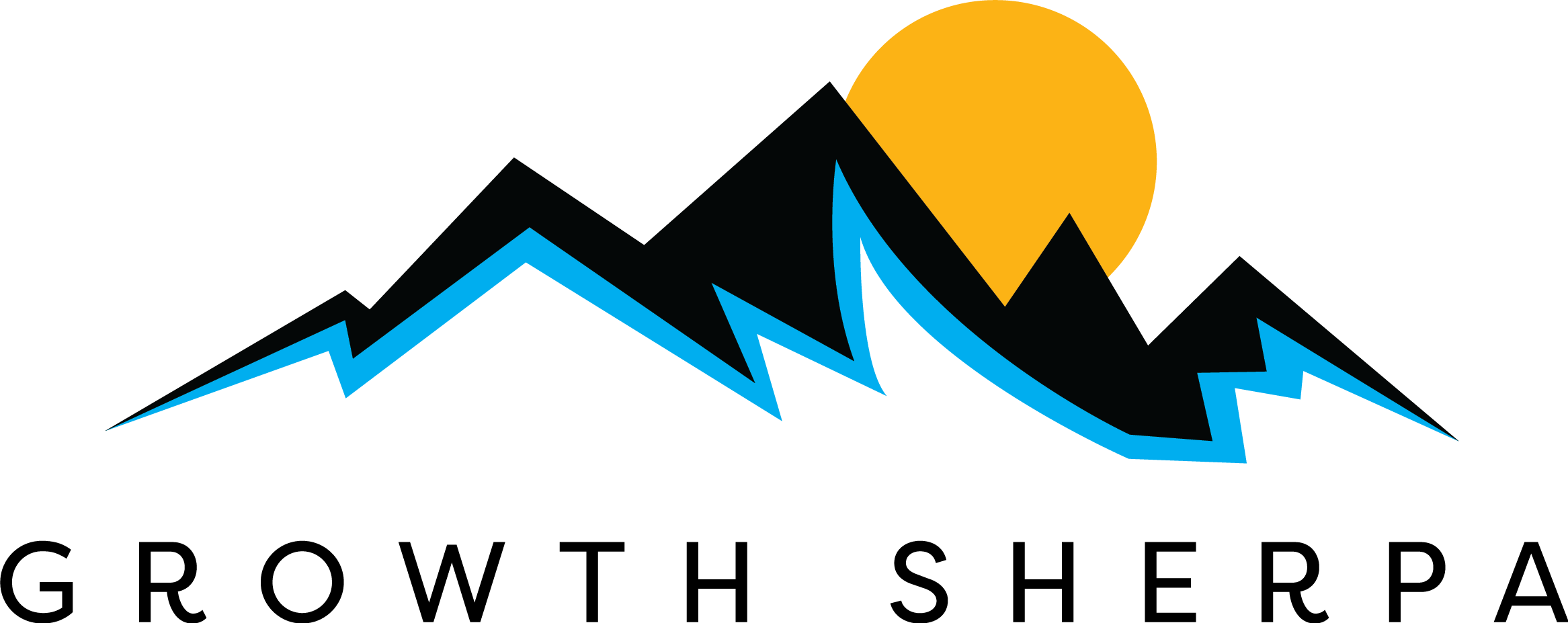The Role of Call Tracking in Behavioral Health Admissions
In the world of behavioral health, where every call represents a potential life-changing moment, ensuring that no lead goes unanswered or untracked is crucial. Admissions teams serve as the frontline for those seeking addiction treatment or mental health services, and the effectiveness of their call management can determine an organization’s success. Enter dynamic call tracking—a powerful tool that not only optimizes admissions processes but also provides key insights that drive operational efficiency and marketing success.
Dynamic call tracking is more than just recording inbound calls; it is a sophisticated system that provides real-time analytics, call routing capabilities, and attribution insights that directly impact conversion rates. This technology enables behavioral health facilities to identify their most effective marketing channels, optimize their staffing strategy, and ensure prospective patients receive timely and appropriate assistance. In this article, we’ll explore how dynamic call tracking can revolutionize an admissions department and help behavioral healthcare providers improve both patient outcomes and revenue generation.
Enhancing Lead Attribution: Understanding Where Your Calls Come From
One of the biggest challenges for any behavioral health admissions department is determining which marketing efforts are driving calls. Traditional marketing methods make it difficult to attribute calls to specific campaigns, leaving providers guessing about their return on investment (ROI). Dynamic call tracking eliminates this uncertainty by assigning unique phone numbers to different marketing channels, including pay-per-click (PPC) ads, organic search, social media campaigns, and referral networks.
By leveraging call tracking software such as CallTrackingMetrics or CallRail, admissions teams can access real-time data on which sources generate the most inquiries. This level of transparency allows for smarter decision-making, helping marketing teams allocate budgets toward high-performing channels while reducing spend on ineffective strategies. The result? More qualified leads, better patient outreach, and an optimized marketing spend that directly impacts admissions success.
Optimizing Admissions Team Performance
Beyond marketing attribution, dynamic call tracking plays a significant role in assessing and improving the performance of an admissions team. Call tracking systems provide features like call recording, AI-driven sentiment analysis, and conversation analytics, offering valuable insights into how calls are being handled.
By reviewing call recordings, supervisors can evaluate the effectiveness of their admissions coordinators in building rapport, handling objections, and converting inquiries into admissions. Real-time monitoring can also help identify gaps in training and areas for improvement, allowing teams to develop customized coaching plans that boost performance. Additionally, some systems offer AI-generated transcriptions, which can help pinpoint keywords and trends that correlate with higher conversion rates.
When used effectively, call tracking insights can lead to improved call scripting, better communication strategies, and an overall increase in admission rates, making it an invaluable tool for behavioral health providers.
Streamlining Call Routing for Higher Conversion Rates
Missed calls or delays in response times can mean the difference between a patient seeking help from your facility or looking elsewhere. Dynamic call tracking systems offer intelligent call routing, ensuring that every call is directed to the right admissions coordinator based on skill level, availability, or department.
For example, an advanced call tracking system can be set up to route calls based on the caller’s location, insurance type, or specific treatment needs. This minimizes wait times and ensures that prospective patients receive immediate assistance from the most qualified team member.
Additionally, call tracking platforms can integrate with customer relationship management (CRM) software such as HubSpot or Salesforce, ensuring that all call data is captured and followed up on efficiently. These integrations reduce manual data entry, prevent leads from slipping through the cracks, and create a seamless admissions experience that fosters trust with potential patients.
HIPAA Compliance and Data Security Considerations
Given the sensitive nature of patient inquiries in behavioral health, compliance with the Health Insurance Portability and Accountability Act (HIPAA) is a top priority. Many traditional call tracking solutions fail to meet the rigorous privacy requirements needed for healthcare organizations, exposing facilities to potential data breaches and regulatory fines.
Dynamic call tracking platforms designed for healthcare providers offer HIPAA-compliant features such as encrypted call recordings, secure data storage, and access control mechanisms to ensure that only authorized personnel can review patient interactions.
By implementing a compliant call tracking system, behavioral health providers not only protect patient confidentiality but also demonstrate a commitment to ethical and legal best practices. This builds credibility and trust—two crucial components in converting leads into long-term patients.
Real-Time Analytics and Data-Driven Decision Making
A dynamic call tracking system provides more than just a call log—it delivers real-time analytics that can be used to make informed business decisions. Metrics such as call duration, missed call rates, caller demographics, and peak call times can all provide actionable insights that lead to better staffing and operational strategies.
For example, if analytics show that a high percentage of calls occur during off-hours or weekends, facilities can adjust staffing to ensure better coverage. If certain marketing campaigns are generating more inquiries but not resulting in admissions, marketing and admissions teams can work together to refine messaging and targeting strategies.
With call tracking data, behavioral health providers can continuously optimize their processes to improve efficiency, increase conversion rates, and ensure that no lead is lost due to operational inefficiencies.
Reducing Cost Per Acquisition and Increasing Revenue
One of the key financial benefits of dynamic call tracking is its ability to lower the cost per acquisition (CPA) while simultaneously increasing revenue. By identifying the most effective marketing channels and optimizing call handling, facilities can convert a higher percentage of leads without necessarily increasing their marketing budget.
Additionally, by reducing call abandonment rates and improving response times, admissions teams can capture more opportunities, leading to an increase in patient enrollment and overall revenue. The ability to measure marketing effectiveness and admissions performance ensures that every dollar spent is allocated strategically, maximizing profitability and sustainability for the organization.
The Future of Call Tracking in Behavioral Healthcare Admissions
As technology continues to evolve, so too does the potential for call tracking to revolutionize behavioral health admissions. Artificial intelligence (AI) and machine learning are already being integrated into call tracking platforms, providing predictive analytics that help facilities anticipate patient needs and refine their marketing strategies even further.
Future advancements in AI-driven call tracking could include automated call scoring, sentiment analysis to gauge caller emotions, and even voice recognition technology that personalizes interactions based on past calls. These innovations will enable behavioral health providers to create even more effective, patient-centric admissions experiences.
Why Every Behavioral Health Facility Should Invest in Dynamic Call Tracking
Dynamic call tracking is no longer an optional tool—it is a necessity for behavioral health providers looking to optimize their admissions processes, enhance marketing efforts, and improve patient outcomes. From accurate lead attribution and intelligent call routing to real-time analytics and HIPAA compliance, call tracking provides the insights and efficiency needed to ensure no opportunity is missed.
For facilities that want to stay competitive in an increasingly digital landscape, implementing a dynamic call tracking system is one of the most impactful investments they can make. By leveraging this technology, behavioral health providers can streamline their admissions process, lower acquisition costs, and ultimately help more people receive the care they need.



